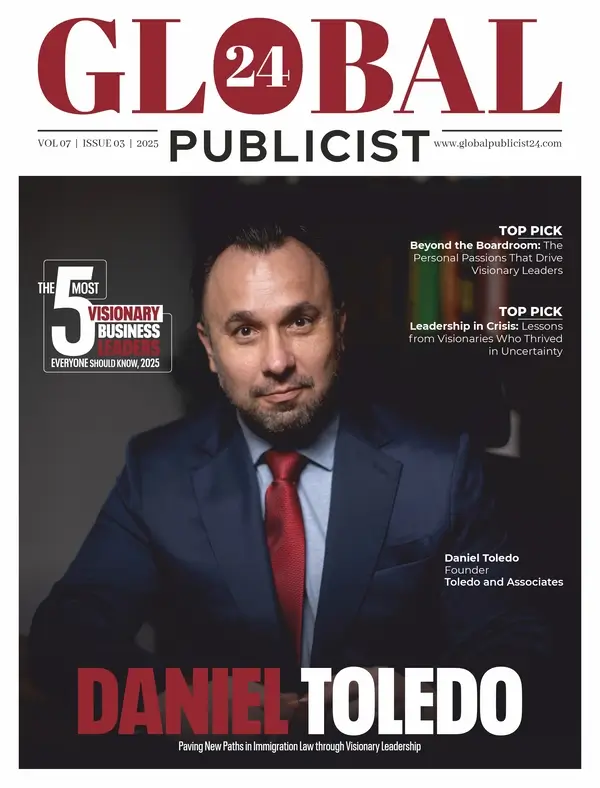Upskilling in machine learning reshapes career paths.
These sought-after skills boost versatility, earning potential, and access to exciting opportunities across industries. Whether you’re looking to advance internally or transition into a high-demand role, ML expertise unlocks new possibilities.
Let’s explore precisely how it can drive career mobility forward.
Developing Expertise That Attracts Top Employers
When you learn advanced ML techniques, your expertise sets you apart in a crowded job market. Many employers now actively seek candidates with hands-on experience in predictive modeling, natural language processing, and deep learning.
Mastering machine learning also signals adaptability to emerging technologies. It shows you’re committed to staying relevant as industries evolve. Companies notice this dedication.
By showcasing real-world applications of ML on your resume or portfolio, you’ll grab attention from recruiters at top firms faster than peers without these credentials.
Improving Problem-Solving Skills with Machine Learning Techniques
Machine learning enhances how you approach complex problems. By using data to identify patterns and predict outcomes, you can solve challenges more efficiently. These techniques help you shift from relying on guesswork to making informed decisions.
Employers value professionals who can apply ML algorithms to optimize processes or uncover hidden opportunities. It’s like having a toolbox filled with practical solutions for intricate issues.
Whether automating repetitive tasks or improving system accuracy, these skills improve your contributions in any role. Over time, this makes career growth much more attainable and measurable.
Creating Opportunities for Leadership Roles in AI and ML Projects
Specializing in machine learning often positions you as a go-to expert. This visibility opens doors to leading critical projects, especially where innovation is key. Teams rely on leaders who understand ML’s practical applications and strategic benefits.
Demonstrating proficiency in building models or designing data pipelines shows readiness for responsibility. Organizations want leaders who can guide teams through technical complexities while achieving clear goals.
As your expertise grows, so does trust from management. These opportunities pave the way to supervisory roles, allowing you to shape impactful decisions within AI-driven initiatives at your workplace.
Securing Salary Growth with Specialized ML Skills
Mastering machine learning can boost earning potential. Employers are often willing to pay a premium for individuals who bring specialized skills like algorithm development, data analysis, or AI deployment.
In-demand roles (such as machine learning engineers and data scientists) often come with above-average salaries compared to general IT positions. It’s because your expertise drives measurable results—cost savings, efficiency gains, and innovation.
Earning certifications or completing advanced projects further strengthens your position during salary negotiations.
With ML expertise on your side, advancing into higher-paying opportunities becomes significantly easier to achieve.
Unlocking Remote and Global Work Opportunities
Machine learning skills break geographic barriers. Companies worldwide seek professionals who can implement AI solutions, regardless of location.
And with remote work becoming the norm, expertise in ML opens access to global job markets.
Many industries rely on ML for critical operations—finance, healthcare, retail—creating diverse opportunities beyond borders.
By mastering machine learning tools and techniques, you position yourself for flexible roles across different countries and industries.
Standing Out in Competitive Internal Promotions
Lastly, as we briefly touched upon, upskilling in machine learning gives you an edge for promotions within your organization.
These skills demonstrate initiative, technical expertise, and readiness to tackle advanced responsibilities. Managers notice employees who can integrate ML solutions into existing workflows or drive innovation.
By showcasing results—like optimizing processes or delivering actionable insights—you will highlight your value beyond routine tasks.
This sets you apart from colleagues competing for the same advancement opportunities.
Incorporating ML knowledge also signals leadership potential, making it easier to earn trust for higher-level roles that involve strategic decision-making and team oversight.















